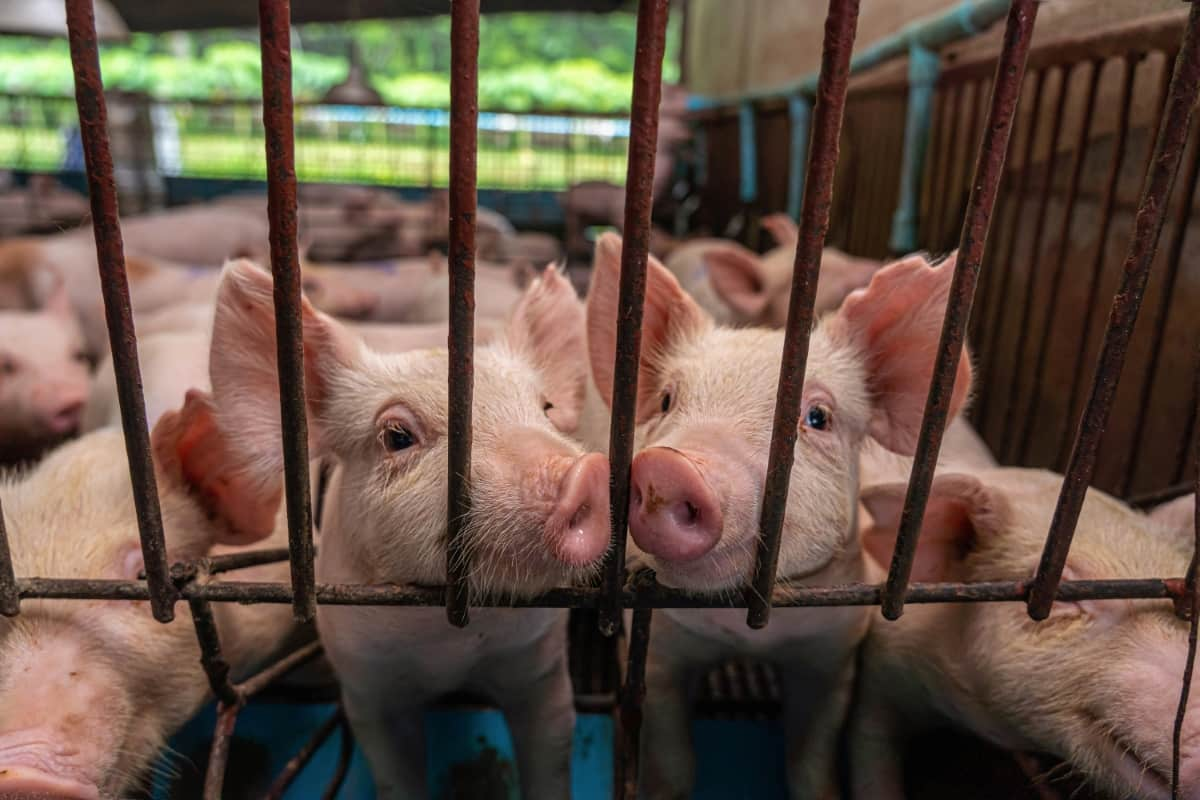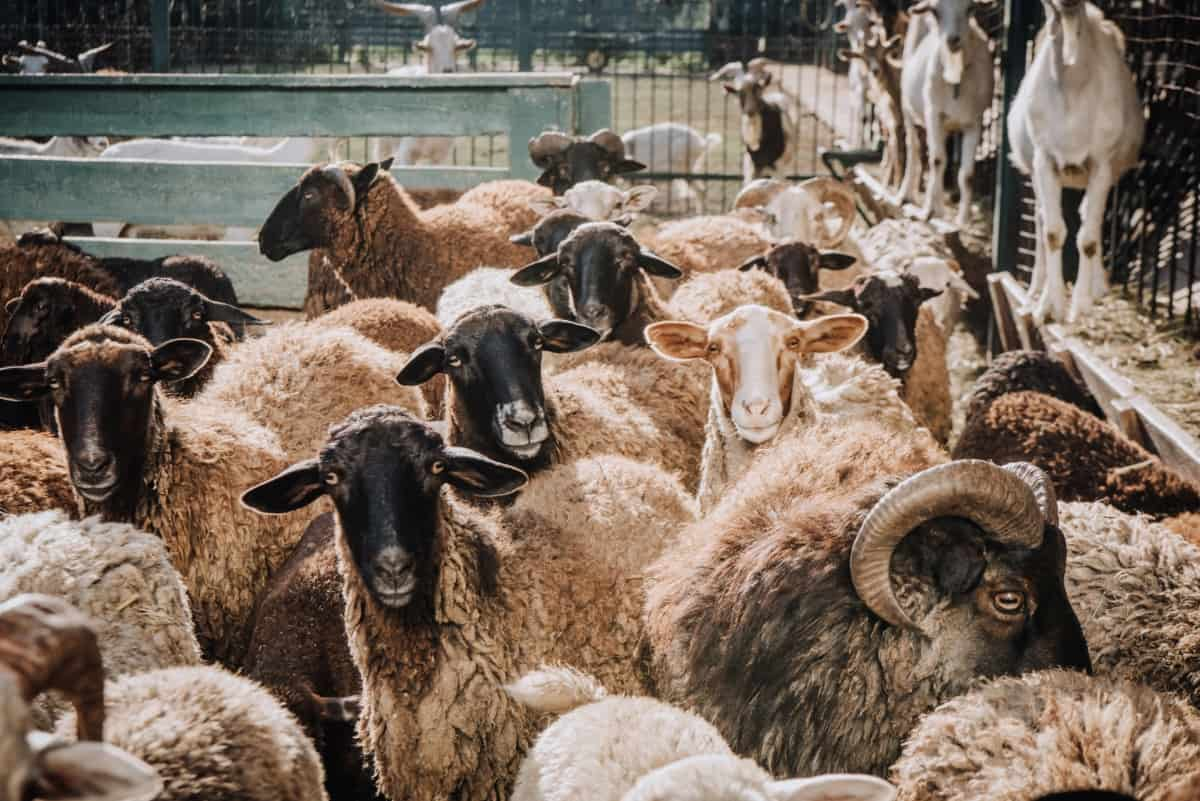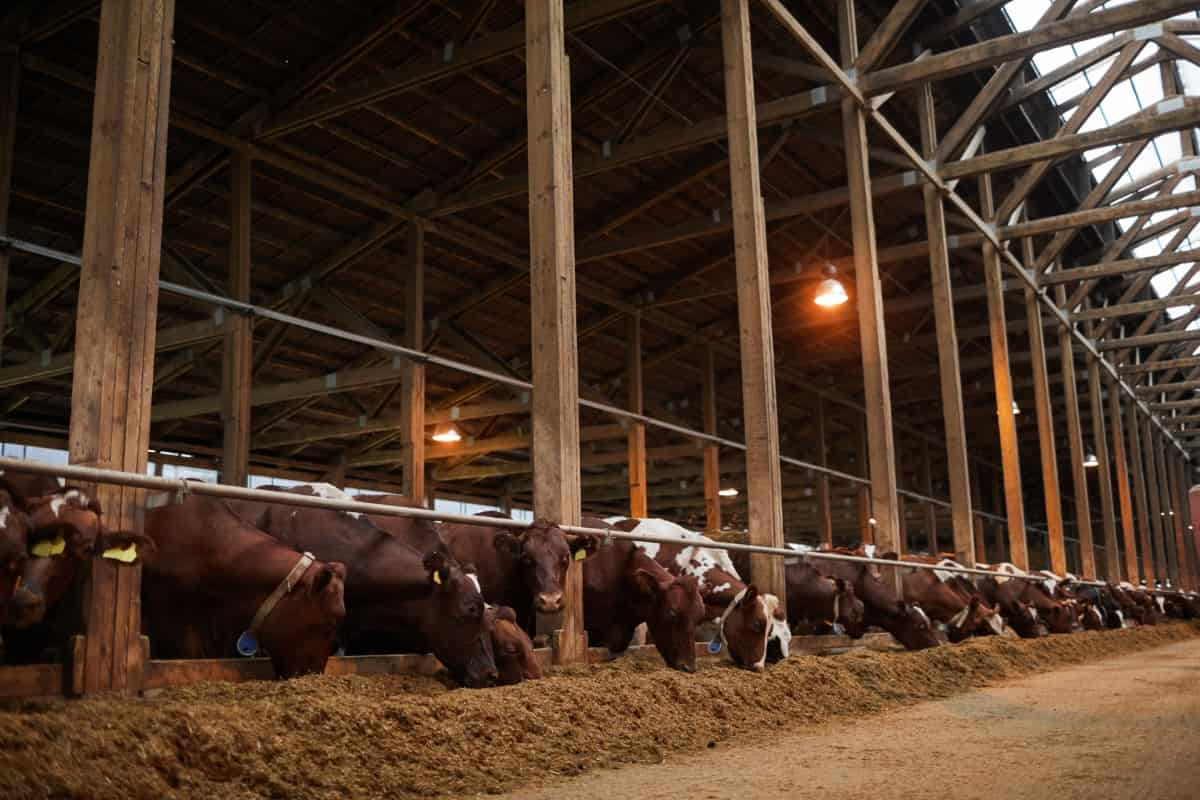Livestock contract farming has become an increasingly important method of agricultural production. It is a system where the agribusiness firms provide the farmers with specific inputs and services, such as feed, technical advice, and health care for the animals, and the farmers are obliged to sell the livestock or its products exclusively to the firm.

The agreement is structured on a shared understanding that outlines the terms and conditions applicable to both parties. This model has grown popular due to the rising demand for livestock products and the need to ensure that this demand is met sustainably and efficiently.
Livestock Contract Farming
Benefits of Livestock Contract Farming for Small-Scale Farmers
Livestock contract farming offers numerous advantages for small-scale farmers. First and foremost, it provides them with access to quality inputs such as feed, veterinary services, and technical assistance, which would otherwise be challenging for them to obtain. Furthermore, it reduces the market risks they encounter by guaranteeing a consistent and foreseeable revenue stream since the prices are typically established at the onset of the contract.
This reduces their vulnerability to market price fluctuations. The assured market for their products also means that farmers do not need to worry about marketing and distribution, allowing them to focus on the quality of their farming. Finally, it can contribute to improving local livestock breeds through the exchange of breeding stock or the introduction of new breeds by the contracting firm.
Contract Farming of Livestock for Commercial Meat Production
Commercial meat production is a major beneficiary of livestock contract farming. It has proven a successful commercial poultry, pig, and cattle meat production model. The contractual agreements provide a degree of predictability, stability, and quality control crucial in the meat production industry. Firms can provide farmers with superior breeds and high-quality feed, which results in better growth rates and meat quality.
Moreover, technical assistance and veterinary services ensure the animals are raised under optimum health and welfare conditions, enhancing the final product. In addition, the traceability of livestock production under contract farming can significantly improve food safety, a growing concern for consumers and regulators alike.
Livestock Contract Farming Models for Rural Development
Livestock contract farming can also be a catalyst for rural development. It enables the integration of small-scale farmers into the modern agricultural value chain, thus promoting rural employment and income generation. Furthermore, the influx of improved farming methods, technology, and infrastructure can lead to overall development in rural areas.
In case you missed it: Goat Contract Farming 101: Everything You Need to Know

This farming model can foster social development by promoting community cooperation and learning. For instance, farmer groups or cooperatives can be formed to enter into contracts with firms, promoting cooperation and social cohesion among rural dwellers.
Best Practices for Livestock Contract Farming in Grazing Systems
Successful livestock contract farming in grazing systems depends on a set of best practices. First, the stocking rate should match the carrying capacity of the grazing land to prevent overgrazing and land degradation. Second, sustainable pasture management practices such as rotational grazing should be implemented to ensure the longevity of the pastures.
Third, it is essential to incorporate a comprehensive animal health management plan to prevent diseases that could decimate the herd. Fourth, regular monitoring and evaluation of the animal’s growth, health status, and grazing conditions are crucial for timely interventions. Lastly, the contractual agreement should be fair and transparent, with clear stipulations regarding both parties’ roles, responsibilities, and benefits.
How to Start a Livestock Contract Farming Business
Starting a livestock contract farming business involves several steps. First, conduct market research to understand the demand for livestock products and identify potential contracting firms. Secondly, acquire the necessary resources such as land, water, and capital. Thirdly, develop a business plan outlining your farming strategy, financial projections, risk management plan, and marketing strategy. Fourthly, establish your farm, ensuring it meets the standards set by the contracting firm and relevant regulatory authorities.
This may involve infrastructure development, initial livestock purchase, and necessary inputs procurement. Next, proceed to the fifth step, which involves negotiating and finalizing a contract with the agribusiness company. It is crucial to comprehend the terms and conditions specified within the agreement thoroughly and, if necessary, seek guidance from a legal professional. Lastly, implement your farming operations according to the agreed plan while continuously monitoring and evaluating your performance for improvement.
Contract Farming Agreements for Livestock Breeding Programs
Livestock contract farming can be instrumental in implementing livestock breeding programs. Contract farming agreements can provide for the exchange of breeding stock or the introduction of improved or exotic breeds, leading to the genetic improvement of the local livestock population.
These contracts can specify the breeding goals, methods to be used, the genetic traits to be selected for, and the roles and responsibilities of each party in the breeding program. For instance, the firm may provide purebred animals, artificial insemination services, or embryo transfer technology, while the farmers are responsible for caring for and managing the breeding animals.
Contract Farming of Organic Livestock for Specialty Markets
With the growing demand for organic products, livestock contract farming is also expanding into organic livestock production for specialty markets. These contracts typically require farmers to adhere to specific organic farming principles, such as feeding the animals with organic feed, avoiding synthetic chemicals or hormones, and ensuring animal welfare.
The contracting firm usually provides organic inputs and technical assistance while the farmers manage the organic farming operations. This model allows small-scale farmers to tap into the premium organic market while ensuring the production of high-quality organic livestock products that meet stringent organic standards.
Livestock Contract Farming and Value Chain Integration
Livestock contract farming is pivotal in integrating farmers into the agricultural value chain. Farmers are linked directly to processors, retailers, or exporters through contract farming, bypassing the traditional intermediaries. This can result in better prices for their products, faster payment, and improved market information.
In case you missed it: Exploring the Tilapia Fish Contract Farming: A Comprehensive Guide

Moreover, it allows farmers to be part of a production system that meets the high-quality standards demanded by modern consumers. The benefits of value chain integration are not limited to farmers, as the contracting firms also gain from having a stable supply of products that meet their specifications. This integrated approach can ultimately improve livestock sector efficiency, productivity, and sustainability.
Conclusion
Livestock contract farming offers a promising approach to enhancing productivity, income, and sustainability in the livestock sector. It benefits small-scale farmers by offering stable income and access to quality inputs while enabling them to participate in the larger agricultural value chain.
- Feed Your Flock for Less: Top 10 Tips to Save on Chicken Feed
- Ultimate Guide to Ossabaw Island Hog: Breeding, Raising, Diet, and Care
- Hatching Answers: The Top 10 Reasons Your Chickens Aren’t Laying Eggs
- Eggs and Economics: Breaking Down the Cost of Raising Backyard Chickens
- Defend Your Greens: Proven Methods to Keep Iguanas Out of Your Garden
- Ultimate Guide to Cinnamon Queen Chicken: A Comprehensive Guide for Beginners
- Ultimate Guide to California Tan Chicken: Breeding, Raising, Diet, Egg-Production and Care
- Ultimate Guide to Marsh Daisy Chicken: Breeding, Raising, Diet, and Care
- 10 Types of Chicken Farming Businesses You Can Start for Profits